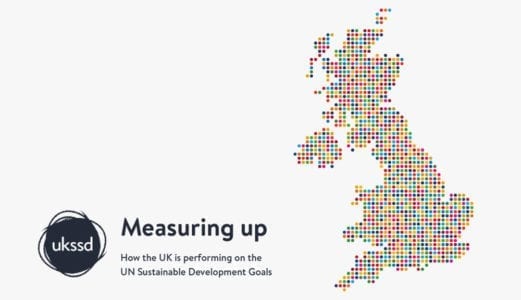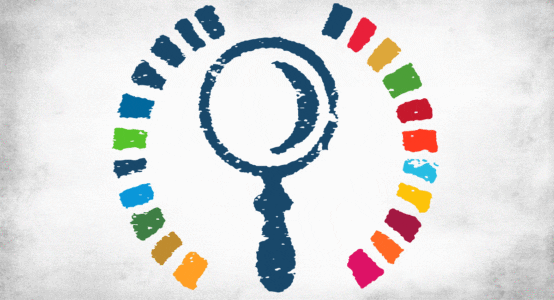How hard is it to score the 17th goal?
Partnerships are central to the achievement of all 17 Sustainable Development Goals (SDGs) but partners need to be proactive and willing. Summarising our recent contribution to the first comprehensive assessment of the UK’s performance against the SDGs, Victor Anderson explains why the UK’s progress has so far been limited as a result. (This blog also appeared on the UKSSD website.)

Sustainable Development Goal (SDG) 17 is called ‘partnerships’ but really it is about the implementation of the other sixteen goals and gathering the resources needed for implementation. That requires partnerships but it also requires initiative and will of the potential partners, including governments.
Some of the pressure has gone out of the term ‘sustainable development’ – battered about by critics from different directions, and then hampered by redefinitions seeking to keep everyone happy at the expense of making its meaning increasingly vague. However it represents something very important: the attempt to reconcile protecting the environment with improving people’s social and economic conditions.
There is no easy way to achieve that. It demands effort from all involved, including crucially for us in this country, the UK Government. Its recent record has been disappointing, because the UK played a significant role in the United Nations processes drawing up the SDGs, it has large numbers of many of the best scientists and statisticians in the world, and it has many people in business, charities, churches, and campaign organisations keen to take part.
Why the UK is struggling to achieve Targets under SDG17
There are two reasons the recent record is unsatisfying, both of which could fairly easily be put right. There has been a failure by the Government to draw together different stakeholders to see how we can co-operate on the SDG agenda. Many organisations have got together through UKSSD, but discussion and collaboration led by the Government would be hugely helpful, and could readily be arranged.
The second failing is the lack of a high-level co-ordination mechanism in central government for the sustainable development agenda. A recently published list of Cabinet committees and sub-committees showed the absence of any such body. There was a ‘greening government’ sub-committee but that was about the direct environmental impacts of government departments and their buildings and it was abolished at the end of 2014. There is nothing in the Cabinet structure which monitors and leads on sustainable development.
In fact, parts of government even seem to be opposed to the whole idea. Some of this has come into the open in discussions about the future of environmental protection following Brexit. Defra is currently (until August 2) consulting on establishing a new ‘environment watchdog’ and a successful amendment to the EU Withdrawal Bill (now Act) entails a strengthened role for such a body. However, the Commons Environment Select Committee’s recent inquiry on air quality found a lack of enthusiasm from the Treasury and Department for Transport. Well-informed press reports have also suggested extreme Treasury caution, on the grounds that Brexit will reduce the rate of GDP growth, and effective arrangements for protection of the environment risk reducing it still further. The current government proposals represent an uneasy compromise between having a watchdog which is effective and not having one at all.
The influence of Treasury on government decisions is historically strong and not to be underestimated. I see two approaches to change: either building up a rival department with the power to override the Treasury where necessary, or getting Treasury itself to lead the sustainability agenda. I favour the latter, difficult though it is to imagine.
We need a rethinking of the whole aim and purpose of economic policy. Changing the culture inside the Treasury is one of the key tasks which lie ahead if government is to fully play its part in the partnership arrangements needed for the UK to do its bit for SDG17.



